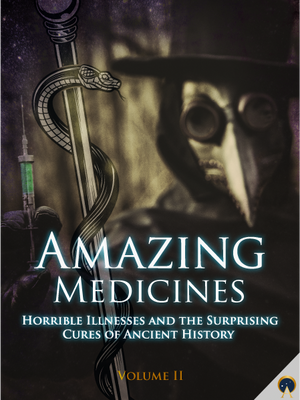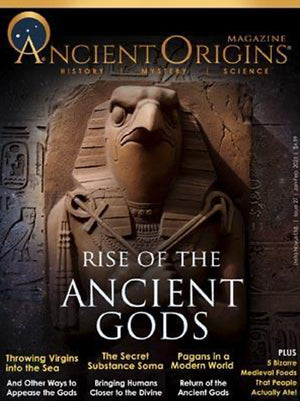
The Enigmatic Death Of Alexander The Great Murdered Or Not?
- Regular price
- $17.00
- Sale price
- $17.00
- Regular price
-
- Unit price
- per
-
Product Information
The untimely death of Alexander the Great in Babylon in June 323 BC may have altered the history of the world more profoundly than any other intervention of disease in the fate of mankind. Alexander had been poised to begin the conquests of Arabia, North Africa and Western Europe with a fleet of a thousand galleys and a vast battle-hardened army. It is quite unlikely that anything else could have stopped him. Consequently, the exact cause of his death has been a source of intense and enduring speculation ever since that fateful day.
Ancient medicine lacked the skills to make a certain diagnosis and the corpse has been lost since the end of the 4th century AD, frustrating modern science of the opportunity for an autopsy. Only words from witnesses remain and even those have been re-worked and re-edited through the hands of multiple intervening transcribers. What we have left can be made to fit a range of diseases, syndromes and agencies. Scholars have tended to regard these theories as a herd from which anyone is free to select whichever beast takes your fancy.
However, author Andrew Chugg has now brought the statistics of mortality to bear on the issue. This provides a scientific basis for discriminating clearly between the various candidates. With the help of forgotten data on the diseases of the British army in Mesopotamia in the First World War, a particular solution to the enigma emerges as being vastly more probable than any rival.
Andrew Michael Chugg read Natural Sciences at Trinity College in the University of Cambridge in the UK, graduating with honors. He has appeared as an Alexander expert on BBC Radio, and in several National Geographic TV documentaries. He has also written various books on Alexander including The Quest for the Tomb of Alexander the Great and Alexander’s Lovers. He recently completed a project to reconstruct the highly influential account of Alexander’s reign by Cleitarchus, which was written in Alexandria in the second quarter of the third century BC, but which has been lost since the time of the Roman Empire. The entire reconstruction was published in a single 700-page volume in 2015. Andrew is currently working on an account of the largest and most important tomb ever found in Greece in the Kasta Mound at Amphipolis, and on a scientific analysis of the Pharos lighthouse in Alexandria, the Seventh Wonder of the ancient world. His theory on Alexander’s death features in Disease and the Ancient World.






















